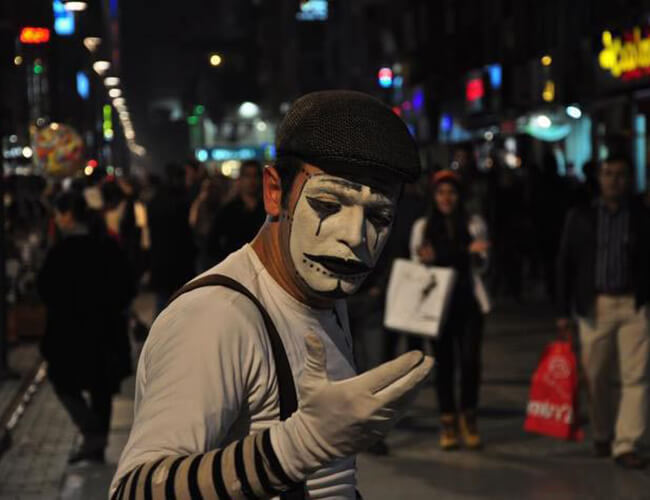- This article discusses a recent case involving a Bollywood actor and producer in which the Bombay High Court declared that copyright transfers cannot be taxed.
- The decision has ramifications for the entertainment industry, especially in terms of taxation, copyright protection, and performer’s rights.

What are the rights of a performer?
- It refers to the legal rights given to performers or artists in connection with their performances.
- In general, these rights include the ability to control and safeguard their performances from unauthorised use, reproduction, distribution, and public performance.
- The rights of the performer may include the ability to manage the following:
- Performers have the right to prohibit others from recording their live shows without their permission.
- Broadcasting and Public Communication: Performers have the right to control the broadcasting, communication, and distribution of their performances to the general public, which includes radio, television, and internet streaming platforms.
- Reproduction: Performers have the right to control how their performances are reproduced in any media medium.
- Adaptation: Performers have the right to determine how their performances are adapted into other forms, such as musicals or films.
- Attribution: Performers have the right to be recognised as the creators of their works and to prevent others from claiming authorship of their performances falsely.
Legal safeguards for performers’ rights
- International treaties and national laws have developed over time to provide legal protection for performers’ rights.
- The Rome Convention, signed in 1961, was the first major step towards protecting the rights of performers.
- The rights of performers are protected by numerous international treaties, including the Rome Convention and the WIPO Performances and Phonograms Treaty.
- For the first time in any international convention, the WIPO Performance and Phonogram convention (WPPT) recognised the moral rights of performers in 1996.
- In 1994, the Copyright Act of 1957 recognised artist rights in India.
- The Copyright Act is in accordance with the 1996 WIPO Copyright Treaty (WCT) and the WIPO Performances and Phonograms Treaty (WPPT).
- In India, performers’ rights are protected for 50 years from the end of the year in which the show was fixed or took place.
Source: https://www.legalserviceindia.com/legal/article-5440-what-are-the-rights-of-performers-under-indian-copyright-law-.html#:~:text=Performer%20has%20the%20right%20to%20produce%20the%20sound%20or%20visual,work%20to%20the%20public%20etc.
